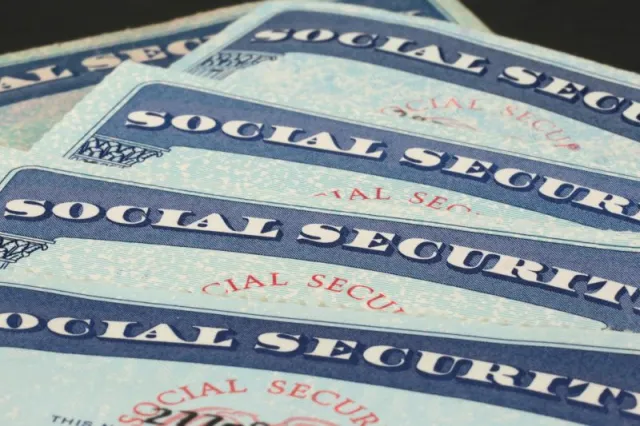If you rely on Social Security to pay your rent, buy groceries, or cover prescriptions, get ready—because on July 24, 2025, the federal government is set to begin garnishing benefits from more than 1 million Americans. In some cases, retirees could lose up to 50% of their monthly payment. The reason? Unpaid student loans, unreported income, or past benefit overpayments.
But here’s the good news: there are legal ways to stop or reduce the garnishment—if you act fast. With just a few key forms and the right timing, you may be able to protect your income before the cuts begin.
Why Is This Happening Now?
The Social Security Administration (SSA) and U.S. Treasury are restarting aggressive collections on certain debts after a pause during the pandemic. Two major categories of retirees are being targeted:
-
Those with defaulted federal student loans
-
Those who received Social Security overpayments—often due to honest reporting mistakes
The Treasury Offset Program allows the government to automatically deduct money from your Social Security check to recover unpaid debts. And for those affected, this process resumes July 24, 2025.
What’s especially shocking is that many recipients didn’t even know they owed money. In 2023, the SSA admitted it had overpaid more than $20 billion to about 2 million people—and now it wants that money back.
How Much Could You Lose?
Under current rules:
-
Up to 15% of your monthly check can be taken for defaulted student loans
-
Up to 50% can be taken to recover SSA overpayments
So if you’re getting $1,800 a month and fall into both categories, you could lose nearly $900. For seniors on a fixed income, that’s devastating.
Who Is at Risk?
You could be affected if:
-
You have federal student loans in default, even from decades ago
-
You received a notice of overpayment from SSA
-
You’ve had changes in income, marital status, or living situation that may not have been reported to SSA
-
You ignored previous letters or didn’t realize you had to respond
The SSA began issuing warning letters in April 2025, but many went unnoticed or misunderstood. Now the garnishment clock is ticking.
How to Legally Stop or Reduce Garnishment
Here’s what you can do right now to legally avoid or limit the deduction from your Social Security payments:
1. Request a Waiver (Form SSA-632-BK)
If the overpayment wasn’t your fault and paying it back would create hardship, you can request to waive the debt entirely. This requires income documentation and explanation.
2. Request Reconsideration (Form SSA-561)
If you believe you were wrongly accused of owing money or the amount is incorrect, you can file for reconsideration. This pauses collection while your case is reviewed.
3. Propose a Repayment Plan (Form SSA-634)
If you accept the debt but can’t afford large deductions, this form allows you to negotiate smaller monthly repayments that won’t gut your check.
The key? You must file before July 24 so your case can be reviewed and processed in time.

Why This Is a Big Deal
-
Most people being targeted are elderly, disabled, or low-income
-
Many don’t realize they were overpaid due to SSA miscalculations
-
Once garnishment begins, it’s harder to reverse or adjust
-
If you do nothing, you could lose up to half of your benefit—month after month
This is more than a bureaucratic blip. It’s a financial crisis for many, and it can be avoided with the right paperwork.
What You Should Do Today
-
Check your mail and email for notices from SSA or the Department of Education
-
Log in to your SSA account at ssa.gov to view any overpayment alerts
-
Download and complete the waiver (SSA-632), reconsideration (SSA-561), or repayment plan (SSA-634) forms
-
Submit your forms immediately by mail or in-person at your local SSA office
-
Get free legal help from nonprofit senior advocacy organizations if needed
Final Takeaway
| Topic | Details |
|---|---|
| Garnishment Date | Starts July 24, 2025 |
| Who’s at risk | Over 1 million people with student loans or SSA debt |
| How much | Up to 50% of your monthly Social Security |
| What to do | File SSA-632, SSA-561, or SSA-634 immediately |
| Why it matters | Protect your income before it’s taken from you |


